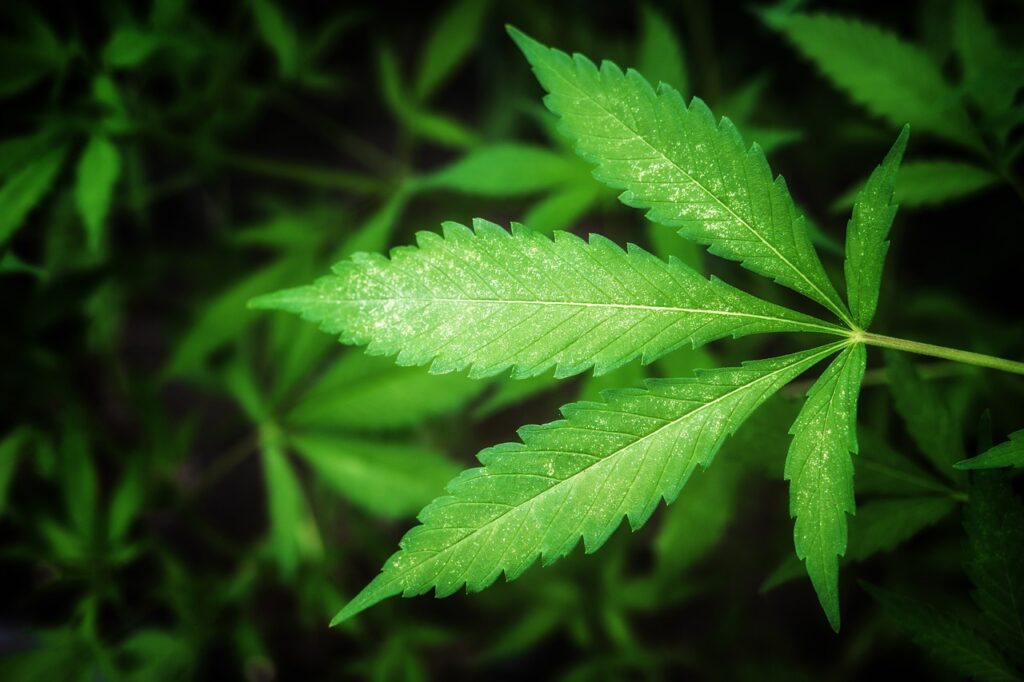Navigating the World of THCA Products

The cannabis industry has seen a significant transformation over the past few years, with a growing interest in various cannabinoids. Among these, THCA (tetrahydrocannabinolic acid) has emerged as a compound of interest for both consumers and researchers. Understanding THCA products can be a complex task, given the variety of options available and the nuances of their effects and benefits.
Understanding THCA
THCA is a non-psychoactive cannabinoid found in raw and live cannabis. Unlike THC, which is known for its psychoactive properties, therapeutic applications of THCA flower does not produce a high. This makes it an attractive option for those seeking the potential therapeutic benefits of cannabis without the mind-altering effects.
THCA is the precursor to THC. When cannabis is heated through smoking, vaping, or cooking, THCA undergoes decarboxylation, converting into THC. This process is why raw cannabis does not produce the same effects as its heated counterpart.
Potential Benefits of THCA
Research into THCA is still in its early stages, but preliminary studies and anecdotal evidence suggest several potential benefits:
- Anti-inflammatory properties: THCA may help reduce inflammation, making it a potential option for those with conditions like arthritis.
- Neuroprotective effects: Some studies indicate that THCA might protect brain cells, which could be beneficial for neurodegenerative diseases.
- Anti-emetic properties: THCA may help reduce nausea and vomiting, which is particularly useful for patients undergoing chemotherapy.
- Appetite stimulation: Like THC, THCA might help stimulate appetite, aiding those with eating disorders or undergoing treatments that reduce appetite.
Types of THCA Products
The market offers a variety of THCA products, each with its unique characteristics and methods of consumption. Understanding these options can help consumers make informed choices based on their preferences and needs.
Raw Cannabis
Raw cannabis is the most straightforward source of THCA. Consuming raw cannabis leaves or flowers in smoothies or salads can provide THCA without the psychoactive effects of THC. This method is popular among those looking for a natural and unprocessed option.
THCA Isolates
THCA isolates are highly concentrated forms of the cannabinoid, often available in powder or crystalline form. These products are ideal for those seeking precise dosing and the ability to incorporate THCA into various consumption methods, such as adding it to food or beverages.
THCA Tinctures
Tinctures offer a convenient way to consume THCA. These liquid extracts can be taken sublingually (under the tongue) for quick absorption or added to food and drinks. Tinctures provide flexibility in dosing and are discreet and easy to use.
THCA Topicals
Topical products infused with THCA are designed for external use, targeting localized pain or inflammation. These creams, balms, and lotions allow users to apply THCA directly to the skin, providing relief without systemic effects.
Legal Considerations
The legal status of THCA products varies by region, influenced by local cannabis laws. In some areas, THCA is treated similarly to THC, while in others, it may be considered legal due to its non-psychoactive nature. Consumers should research their local regulations to understand the legal implications of purchasing and using THCA products.
Consumer Experiences and Case Studies
Many consumers have shared positive experiences with THCA products, often highlighting their effectiveness in managing specific health conditions. For instance, a case study involving a patient with chronic pain reported significant relief after incorporating THCA tinctures into their regimen. Another user with arthritis noted reduced joint inflammation and improved mobility after using THCA topicals.
These anecdotal reports, while promising, underscore the need for more comprehensive clinical research to validate the therapeutic potential of THCA.
Choosing the Right THCA Product
When selecting a THCA product, several factors can influence the decision-making process:
- Desired effects: Consider whether the goal is systemic relief or localized treatment.
- Consumption preferences: Some may prefer ingestible forms, while others might opt for topicals.
- Potency and dosage: Different products offer varying concentrations of THCA, affecting dosing requirements.
- Legal status: Ensure compliance with local laws regarding THCA products.
Conclusion
THCA products offer a unique opportunity for those interested in exploring the benefits of cannabis without the psychoactive effects of THC. With a range of products available, from raw cannabis to tinctures and topicals, consumers can find options that suit their needs and preferences. As research continues to uncover the potential of THCA, its role in the cannabis industry is likely to expand, providing new avenues for therapeutic applications.